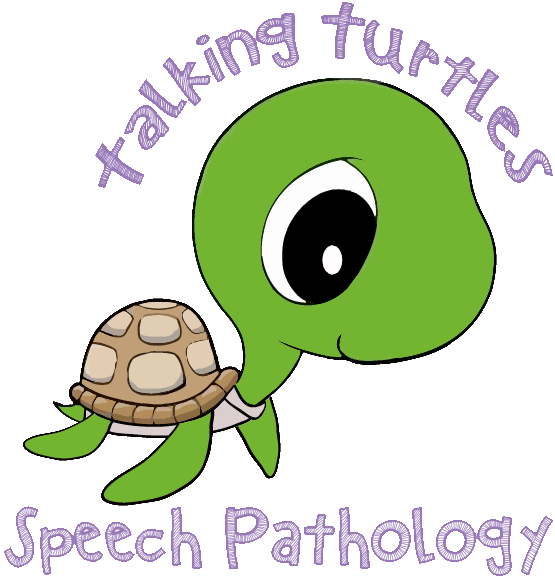
What is a Speech Pathologist?
A Speech Pathologist is somebody who is trained to identify and provide intervention for people with a communication disability.
Communication disabilities include difficulties with speech, using and understanding language, voice, fluency, hearing, reading and writing.
Speech Pathologists can also help people who have difficulties with swallowing food and liquids (Speech Pathology Australia, 2011).
Frequently Asked Questions

What is Communication?
Communication is an interaction with someone to exchange thoughts, feelings, information and ideas.
There are two main areas of communication:
-
Non-verbal
-
Gestures (e.g. pointing)
-
Body Language (e.g. crossing arms)
-
Facial expressions (e.g. frowning)
-
-
Verbal
-
Talking!
-
Speech (i.e. articulation of speech sounds)
-
Language (e.g. words and sentences)
-
-
What does a language disorder look like?
A child with a language disorder may have:
-
difficulty following instructions
-
difficulty learning concepts (e.g. shapes, colours, sizes)
-
limited vocabulary
-
grammatical mistakes
-
difficulty maintaining the topic
-
poor eye contact and attention
-
tendencies to talk about inappropriate topics
-
incorrect repetition of what others have said

What can impact language development?
-
Hearing
-
Intellectual ability
-
Severe language disorder (SLD)
-
Trauma
-
Being bilingual (learning two languages)
-
Language exposure
-
Family history of language difficulties
-
Medical and developmental disorders
What are the implications of a Language Disorder?
Students learn through the process of communication thus the following areas are impacted;
-
understanding and expressing information, needs, interests
-
acquiring adequate literacy and numeracy skills
-
group activities
-
self concept
-
learning appropriate behaviour and social skills
-
problem solving
-
acquiring and demonstrating knowledge in key learning areas

